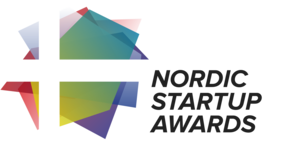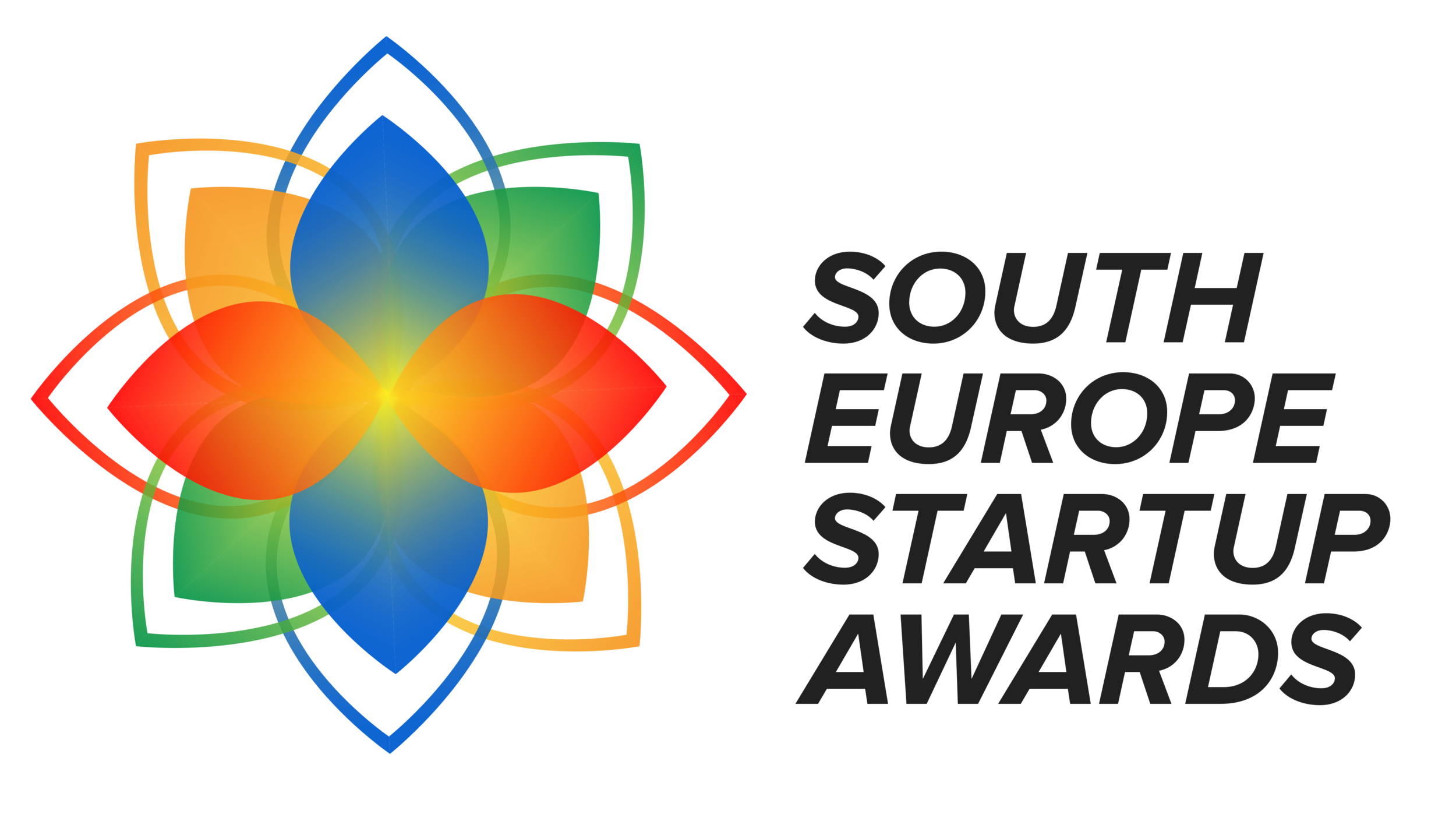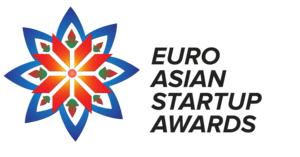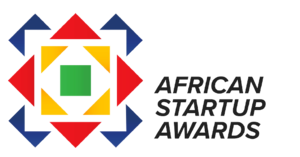National Representation Eligibility
National Representation Eligibility
Global Startup Awards rewards and recognizes innovation and dedication on two levels. Regional and Global. In Africa, additionally, on a continental level.
Being announced as a winner of a category is a celebration of a success story that came from the national ecosystem and rose to the regional and global scene. Hence, the country you are representing in the competition is to be permanently attached to your application and to your success.
To apply in a given category you should first meet the criteria announced on the website of the competition. Following are the regulations that determine the country you should choose when to represent in the competition. This depends on the type of nomination you have:
Startups:
All applicants who are running as Startups must meet the generic and specific criteria for the category they are running for. Additionally, the startup:
Must be founded in the country it is representing in the competition.
Must be legally present in the country it is representing in the competition.
Must be providing its services/product at least in the country it is representing in the competition.
Must Not be a previous winner of the same category from the same country.
Support Organizations/Entities
Support Organizations/Entities such as Co-working spaces, Investors, or Accelerator/Incubator Programs can be founded outside the country they are representing in the competition. However, they:
Must be legally present in the country they are representing in the competition.
Must be providing its support at least in/from within the country they are representing in the competition.
Must Not be a previous winner of the same category from the same country.
Individuals:
Applicants running for categories for individuals can be living outside the country they are representing in the competition. However, they:
Must be performing activities that have a positive impact on at least the country they are representing in the competition.
If their activities have a regional impact:
Done through an organization they (co-)founded, they should run in the country where that organization was founded and has a legal presence.
Done on an individual basis, they are to choose one of the countries where they have the most impact.
Applicants of the Founder Of The Year Category are obligated to run in the country where their Primary Startup was founded and legally present.
Primary Startup: is one startup that was (co-)founded by the applicant. Its success is what the applicant believes best entitles him/her/them to win. It is to be chosen by the applicant during the Public Nomination Round inside their application.Must Not be a previous winner of the same category from the same country.
Definition of Legal Presence:
The legal presence of a startup refers to its existence and recognition within the legal framework of a particular jurisdiction. The specific requirements can vary depending on the country in which the startup was founded. The following are some common elements that determine when a startup is considered Founded and Legally Present. These elements are usually carried out in the country where the startup was founded and allowed to represent in the competition:
Business Registration:
A- Company Formation: Registering the startup as a legal entity, such as a corporation, limited liability company (LLC), partnership, or sole proprietorship, depending on the chosen business structure.
B- Business Name: Registering the business name with the appropriate authorities to ensure that it is unique and complies with local regulations.
Tax Identification Number: For a startup to be founded it is usually mandatory to obtain a tax identification number or employer identification number for tax purposes in the country where it was founded.
Licenses and Permits: Obtaining any necessary licenses and permits to operate legally in a specific industry or location.
Compliance with Regulations: Adhering to local, state, and federal regulations that govern the industry in which the startup operates.
Intellectual Property Protection: Securing intellectual property rights through patents, trademarks, or copyrights, if applicable to the startup's products or services.
Employment Compliance: Complying with employment laws, including hiring practices, wage and hour regulations, and workplace safety standards.
Data Protection and Privacy: Ensuring compliance with data protection and privacy laws, especially if the startup deals with customer or user data.
Financial Compliance: Maintaining accurate financial records and complying with accounting standards.
Insurance: Obtaining appropriate insurance coverage to protect the business against various risks.
Corporate Governance: Establishing and maintaining proper corporate governance practices, especially in the case of larger startups with multiple stakeholders.
